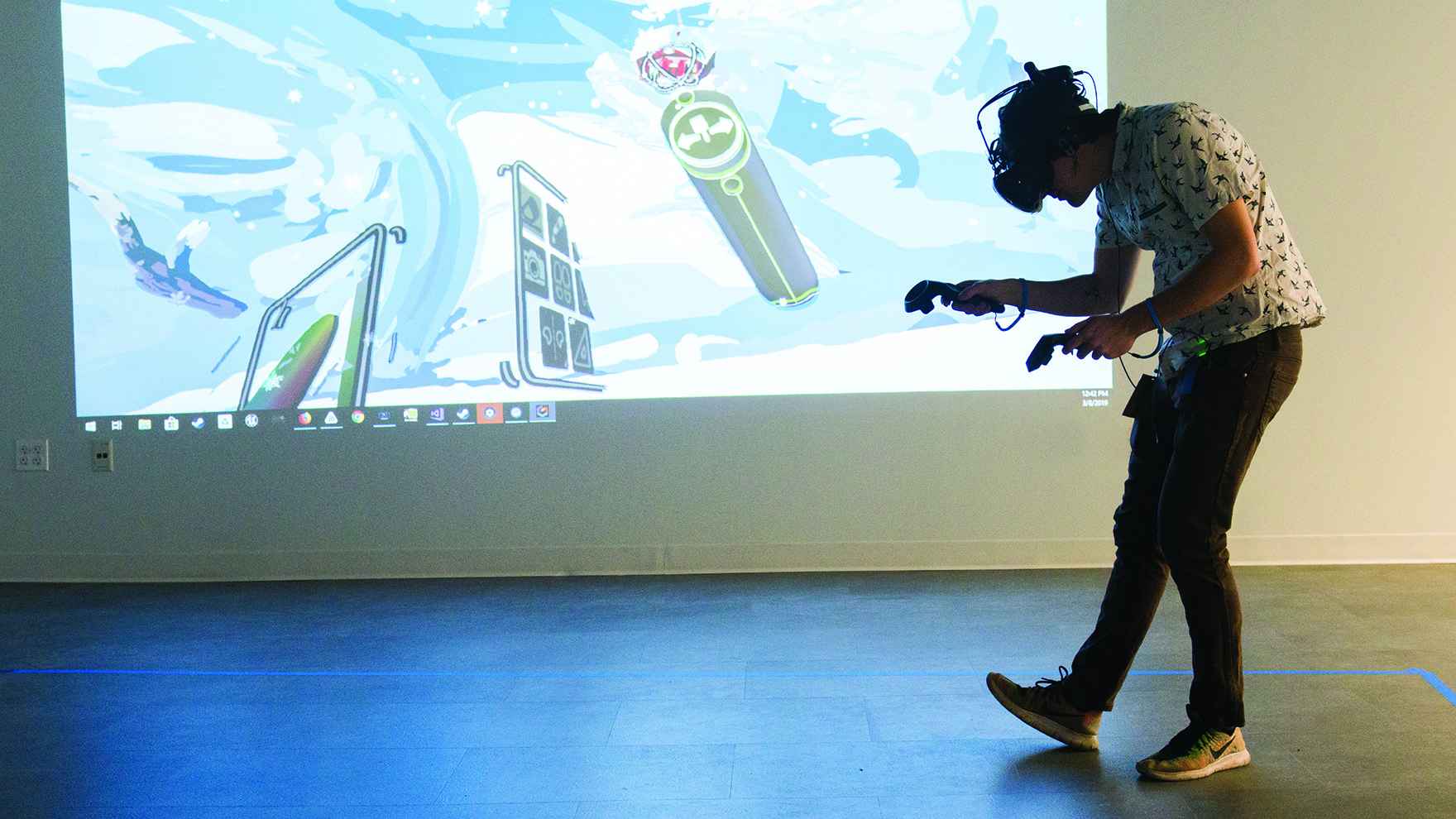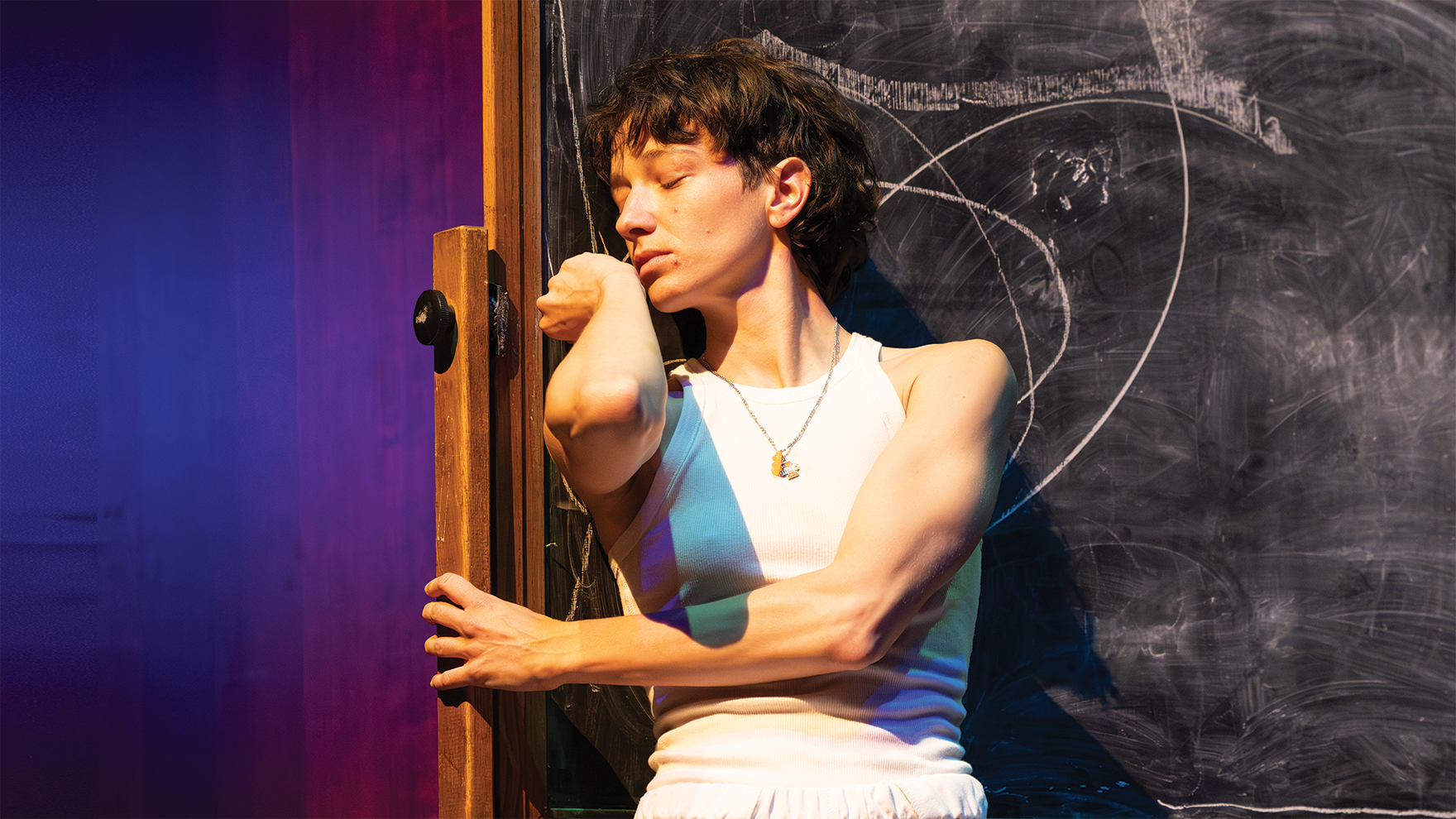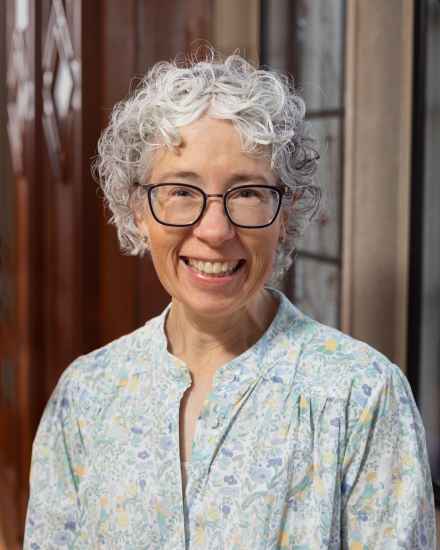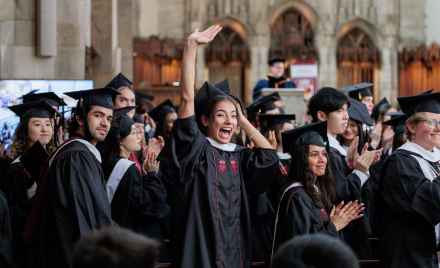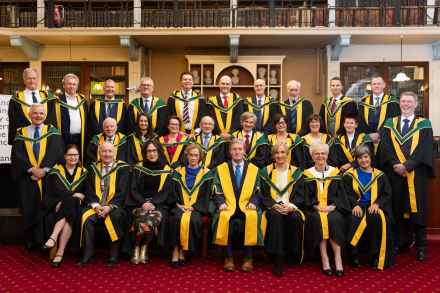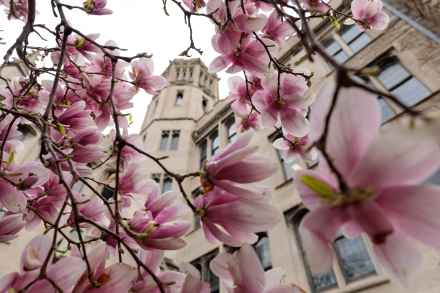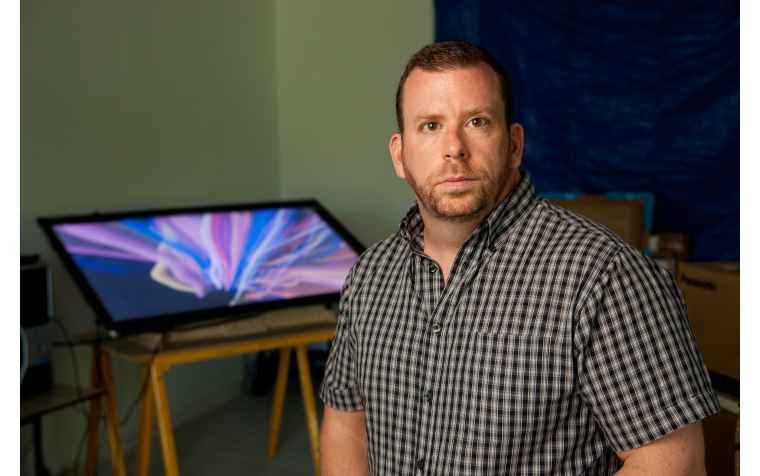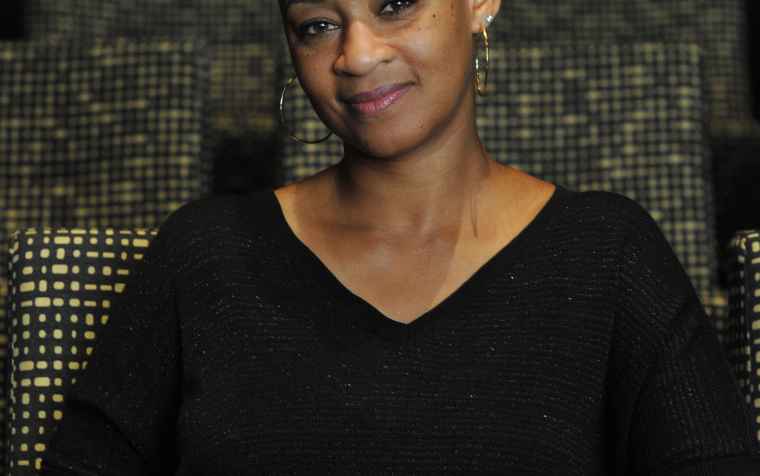How UChicago's Center for the Study of Gender and Sexuality 'is here for everyone'
One could think of gender and sexuality in very contemporary terms—or that the terms relate only to a small fraction of the population. But for Prof. Daisy Delogu, the faculty director of UChicago’s Center for the Study of Gender and Sexuality—it’s a misconception that she and the Center’s interdisciplinary approach aim to correct.
“In my opinion, there’s no realm of experience, or endeavor, or inquiry that remains untouched by questions of gender and sexuality,” said Delogu, a scholar of medieval French literature who took over as faculty director last July.
The Center was founded in 1996 after a decade of faculty and student self-organization. Over the course of its nearly 30 years of consolidating work and creating curriculum on gender and sexuality and in feminist, gay and lesbian, and queer studies, the Center also has engaged the campus and local communities with guest lectures, conferences, and other programming. This past year, the CSGS saw its largest undergraduate class with 19 fourth-year majors, and awarded 15 graduate certificates.
Humanities Division Honors Graduate Students, Faculty, and Staff at 538th Convocation
Division of the Humanities graduates, faculty members, and the graduating students’ families and friends celebrated the 538th Convocation ceremony in Rockefeller Chapel from 4:30 to 5:30 p.m. on May 31, 2024. This is the first year that Deborah L. Nelson is serving as Dean of the Division of the Humanities and the inaugural year for the academic excellence and leadership awards for graduates of master’s degree programs.
“At each convocation, we are proud to celebrate the achievements in scholarship and teaching of our faculty and students,” said Deborah L. Nelson, Dean of the Division of the Humanities and the Helen B. and Frank L. Sulzberger Professor in the Department of English Language and Literature and the College at UChicago. “I am immensely pleased that we are inaugurating new awards to honor the excellent scholarship of graduates with master’s degrees.”
Humanities scholar elected as an honorary member of the Royal Irish Academy
For many years, Prof. James K. Chandler studied, researched, and taught the English side of literature, politics, and history. About 30 years ago, he realized there was a wholly different Irish perspective, which was equally worthy of study and teaching. Chandler started asking questions such as “What happens if we look at the Irish perspective on English literary history? What if we shift to understanding both the Irish and English sides of certain key dates in the historical chronical: 1603, 1641, 1688, 1798, 1916?”
For his seminal work on Irish literature and cinema in his books, articles, and lectures, Chandler was elected as an honorary member to the Royal Irish Academy on May 24. He is one of 28 new members from across all disciplines elected by their peers because their work has brought international recognition to Ireland.
Two Humanities Scholars to Receive 2024 Quantrell Awards
The transformative education offered at the University of Chicago begins in the classroom, with the teachers who inspire, engage and inform their students.
UChicago annually recognizes faculty for their incredible teaching and mentoring of undergraduate and graduate students through the Llewellyn John and Harriet Manchester Quantrell Awards, believed to be the nation’s oldest prize for undergraduate teaching; and the Faculty Awards for Excellence in PhD Teaching and Mentoring, which honor faculty for their work with graduate students.
Learn more about this year’s recipients below:
Quantrell Awards: Fred Chong, Anton Ford, Michele Friedner, Nicholas Hatsopoulos and Chris Kennedy
